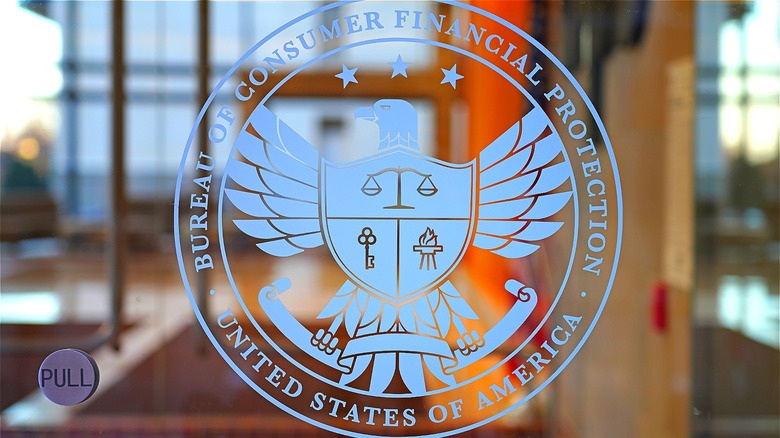New CFPB Rule Creates Registry To Track Nonbank Bad Actors
On June 3, 2024, the Consumer Financial Protection Bureau issued a final rule that would require certain nonbanks to report final agency and court orders to a newly created registry. Reporting to the CFPB's registry will make the repeated offenses of certain nonbank bad actors visible to the public, as well as make the bureau's supervision of these companies easier.
The CFPB hopes its rule and registry will aid in detecting and deterring fraudulent behavior, while also increasing the probability that repeat offenders actually pay their fines and heed regulation when caught breaking state and federal laws. Additionally, the CFPB hopes having a public database of repeat offenders will aid consumers, as well as allow for vital tracking of bad actors by all levels of law enforcement agencies, consumer advocacy groups (e.g., AARP), press, and prosecutors.
The CFPB's Registry of Nonbank Covered Persons Subject to Certain Agency and Court Orders Final Rule is not only hard to say three times fast, but a potentially powerful supervisory force that some applaud, while others fear. Scammy lenders, mortgage providers, and payday loan sharks of course have reason to worry about required registration for their misdeeds, but who else might be against this regulation, or for it?
The intent of the new registry
White-collar criminals are often perceived as only receiving a slap on the wrist for their misdeeds, and easily pay fines meant to deter them from future corporate offenses. CFPB director Rohit Chopra wants to change that. "Throughout our economy, we have seen fraudsters and scam artists get caught in one part of the country and restart their scheme in a new place hoping to not get caught again," Chopra explained in a statement on the CFPB rule. The CFPB registry will serve as a way to hold such fraudulent companies accountable, companies that too often ignore public court orders while continuing to conduct business.
Chopra further added, "Companies covered by the rule must report certain agency and court orders connected to consumer financial products and services. For companies covered by the rule that are also supervised by the CFPB, they will be required to submit an attestation from a senior executive that the company isn't flouting the order."
The CFPB rule and registry may have been created to watch out for financial scams, but its origins and supervisory power were only granted in the wake of the 2008 global financial crisis. Born from the 2010 Dodd-Frank Wall Street Reform and Consumer Protection Act, the Consumer Financial Protection Bureau was created to centralize consumer protection power in the federal government. The CFPB's new rule and registry is an extension of its oversight, and one that the authority hopes will help avoid future crises stemming from abusive nonbank bad actors, such as Ameriquest and New Century, both cited in Chopra's remarks.
The response so far
While the CFPB touts that many nonbanks have voluntarily submitted to supervision, the bureau's designation of what is or is not risky behavior by a nonbank has already been contested at least once. World Acceptance Corporation contested the CFPB's supervisory authority after being monitored as a risky business, and its representatives cited "unverified" complaints that were used by the CFPB to draw its conclusions of risk. While appealing to a sense of regulatory fairness in finance may be a bit of a stretch in a post-Lehman Brothers landscape, the CFPB's authority to assess risk and compel compliance with an ever-growing set of rules may alarm some nonbank financial service providers. But for some supporters of the CFPB, the regulations may not go far enough. (Speaking of which, read about the CFPB's recent Supreme Court victory and what it means for consumers.)
AARP, for example, agrees the CFPB registry will protect seniors from financial scams. Yet, in a 2023 letter of support, AARP asked that nonbanks be held accountable to Racketeer Influenced and Corrupt Organizations Act (RICO) violations on the registry, especially pertaining to debt collection practices. Additionally, AARP requested a similar registry for banks, adding: "With easy access to information about recidivist banks, AARP and other consumer organizations could, in turn, do more to educate older Americans and other consumers about harmful products and institutions." Whether the CFPB will use the registry to focus its rather broad supervisory authority into a true regulatory superpower, or recidivist financial fraudsters will continue bad behavior with raw wrists, only time (and public databases) will tell.


